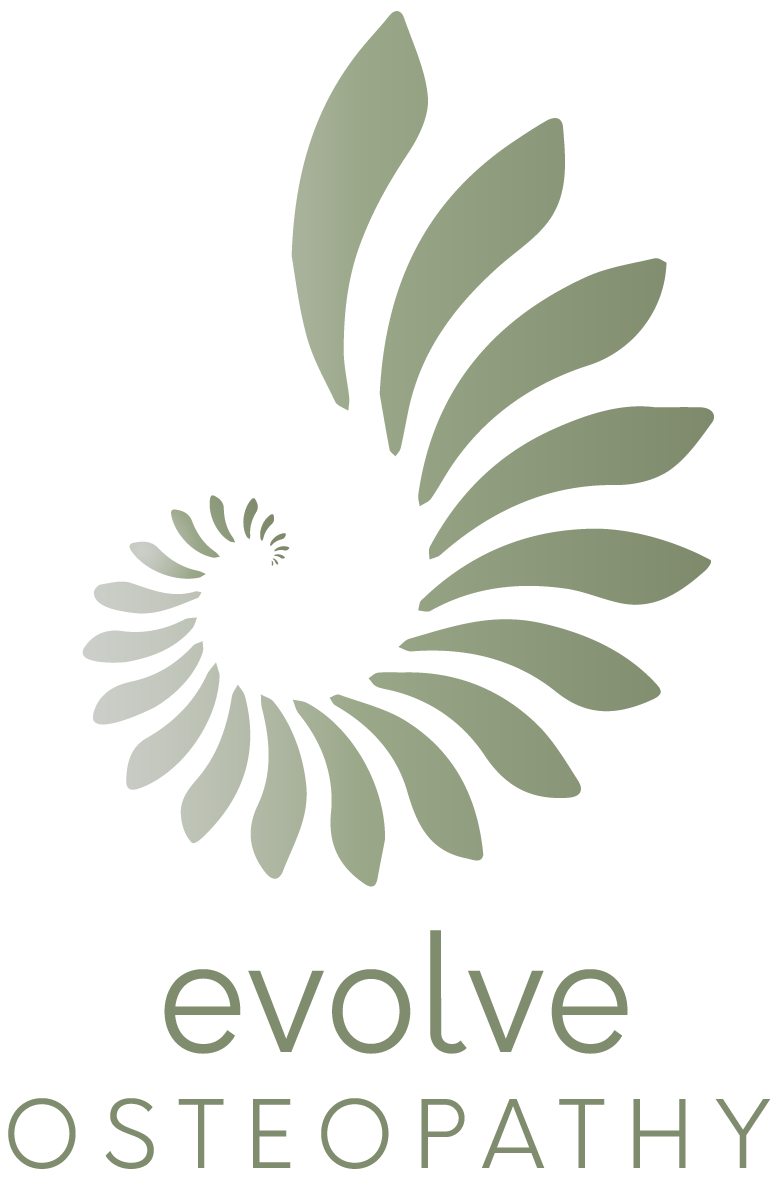Shoulder pain is a common issue that many people face at some point in their lives. It can range from mild discomfort to severe pain that interferes with daily activities. Understanding the causes of shoulder pain, along with effective home remedies and preventative measures, can help manage and alleviate the discomfort. However, it is important to know when it is necessary to seek medical attention for shoulder pain.
Understanding the Causes of Shoulder Pain
Shoulder pain can be caused by a variety of factors such as overuse, muscle strain, injury, or underlying health conditions like arthritis or frozen shoulder. Poor posture, repetitive movements, and carrying heavy loads can also contribute to shoulder pain. It is important to identify the root cause of the pain in order to effectively manage and treat it. Consulting with a healthcare professional or Osteopath that specialises in musculoskeletal conditions can help determine the underlying issue and develop a personalised treatment plan.

Effective Home Remedies for Shoulder Pain
There are several home remedies that can help alleviate shoulder pain. Applying ice packs to the affected area can reduce inflammation and numb the pain. Heat therapy, such as using a heating pad or taking a warm bath, can help relax tense muscles and improve blood flow. Gentle stretching exercises, like shoulder rolls or arm circles, can also help increase flexibility and reduce stiffness. Over-the-counter pain relievers and anti-inflammatory medications can provide temporary relief from shoulder pain.
Preventative Measures to Manage Shoulder Pain
To prevent shoulder pain from recurring or worsening, it is important to practice good posture and ergonomics. Avoiding activities that put strain on the shoulder muscles, using proper lifting techniques, and taking frequent breaks to stretch and rest can help prevent shoulder pain. Strengthening the shoulder muscles through targeted exercises, like shoulder presses or rows, can also help improve stability and reduce the risk of injury. Maintaining a healthy lifestyle with regular exercise, a balanced diet, and adequate rest can also contribute to overall shoulder health.

When to Seek Medical Attention for Shoulder Pain
While home remedies and preventative measures can help manage mild shoulder pain, it is important to seek medical attention if the pain persists or worsens. Signs that indicate the need for medical intervention include severe pain, inability to move the shoulder, swelling or bruising, and accompanying symptoms like fever or numbness. A healthcare professional can conduct a thorough evaluation, order diagnostic tests if necessary, and recommend appropriate treatment options such as physical therapy, medication, or surgery.
Managing shoulder pain at home involves a combination of understanding the causes of the pain, utilising effective home remedies, and implementing preventative measures. By being proactive in caring for your shoulder health and knowing when to seek medical attention, you can effectively manage and alleviate shoulder pain. Remember to listen to your body, practice good self-care, and seek professional help when needed to ensure optimal shoulder health and function.

